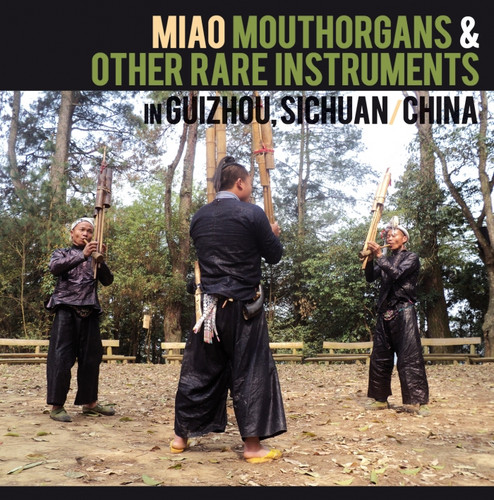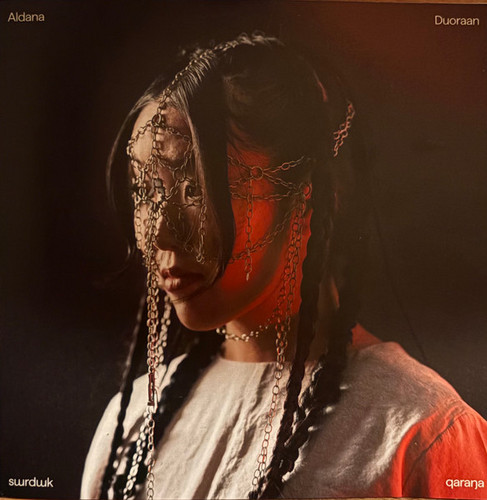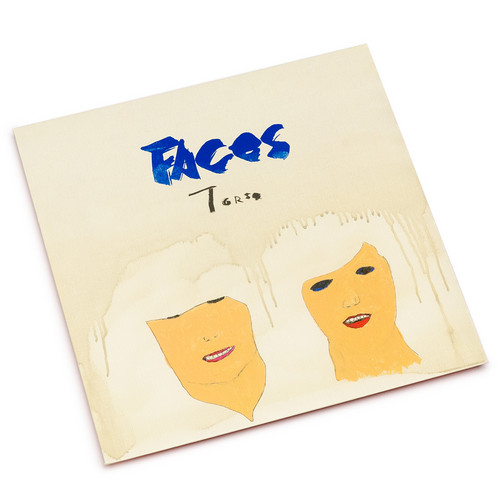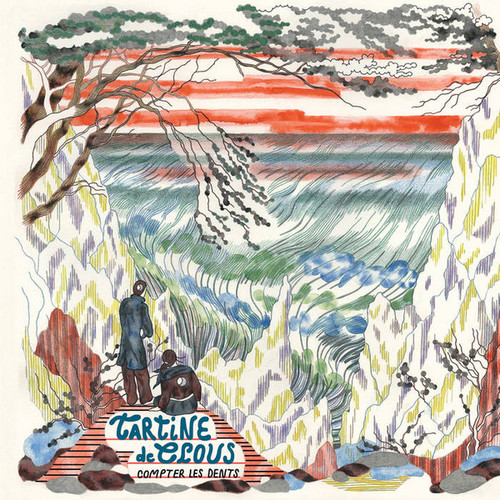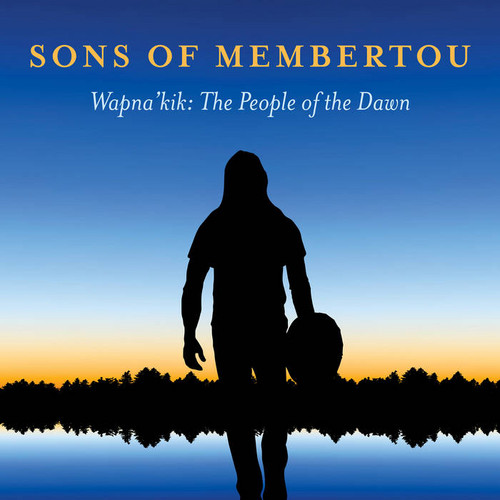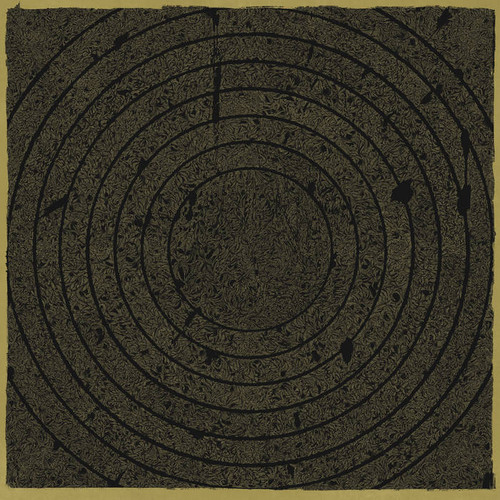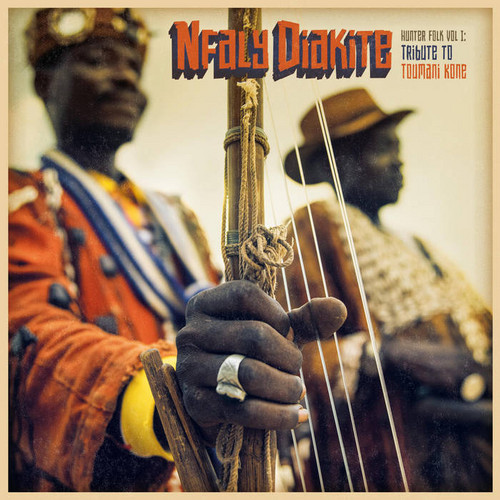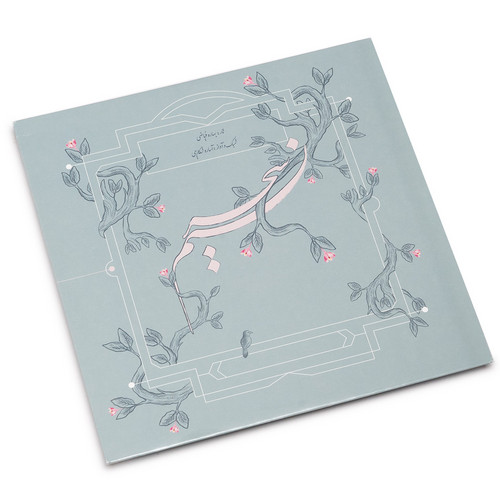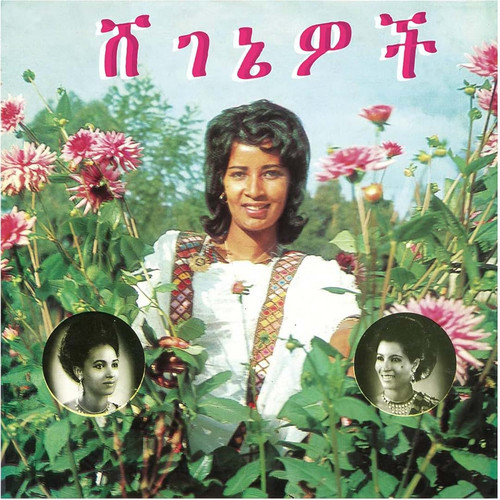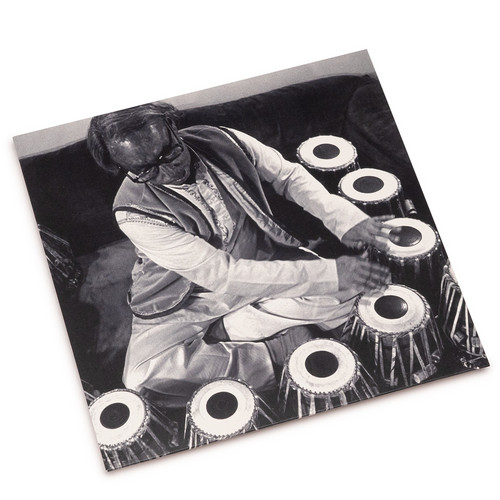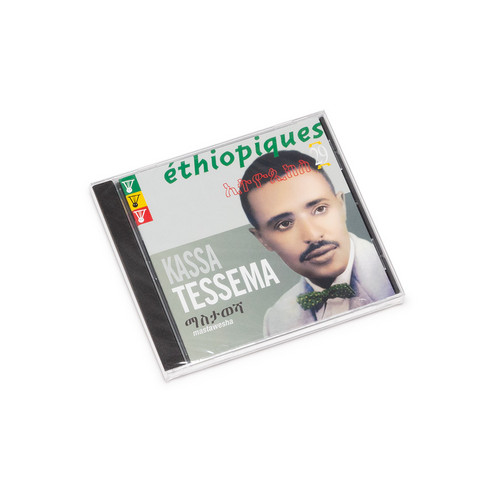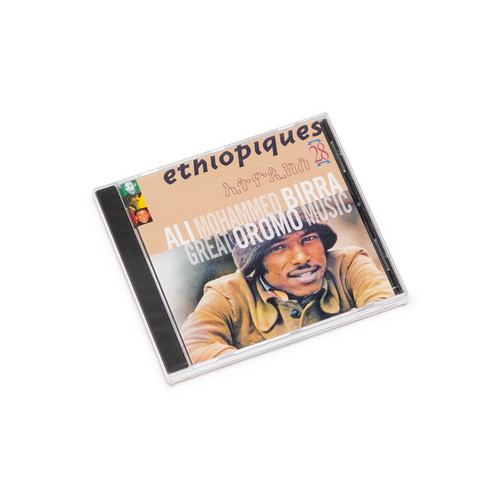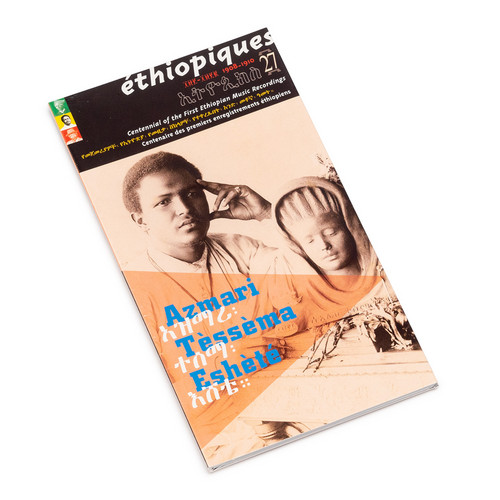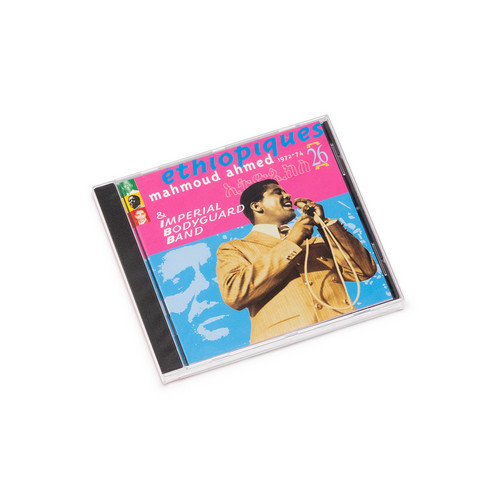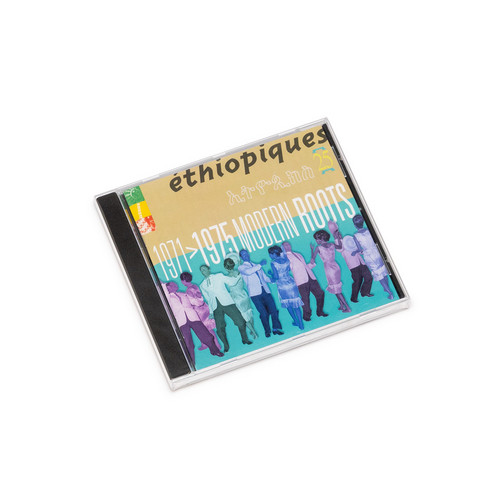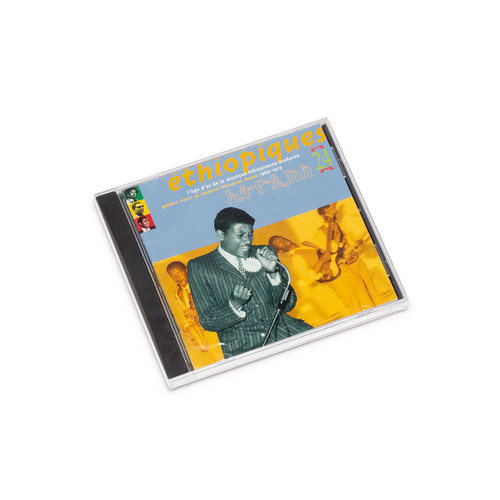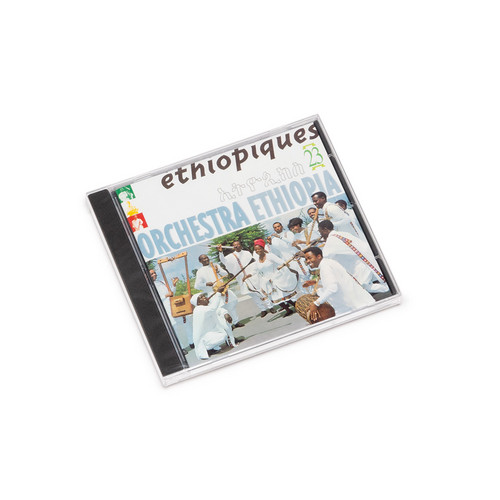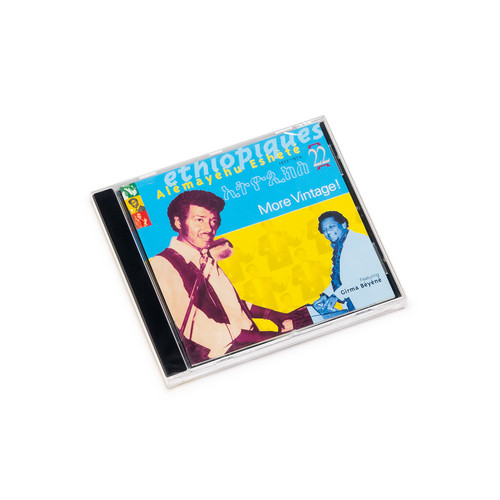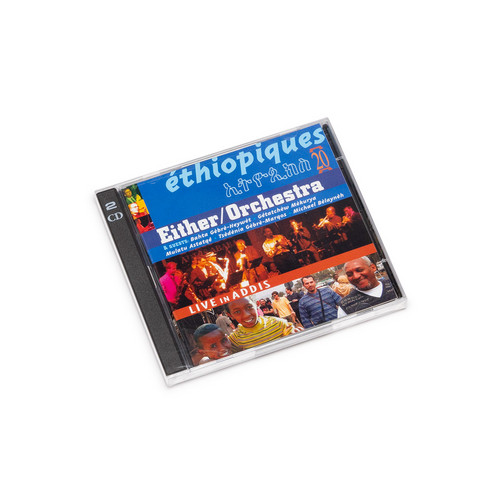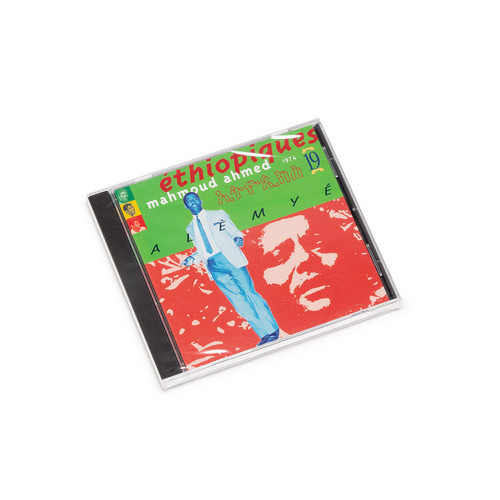Folk /
Miao Mouthorgans & other rare instruments in Guizhou, Sichuan, China
Tip! The term Miao is a very ancient Chinese misleading pseudo-ethnic categorisation, what we call the Hmong in western languages, a term recognised by colonial French Indochina. Miao became a generic term which does not reveal the diversity of 38 subgroups or 9 million people, mostly in Southern China Guizhou Province.
China having moved towards the market economy, a large number of minority regions have marketed a commodity available only to them: their ethnicity itself. Ethnic tourism has dev…
sɯrdɯk/qaraŋa
*85 copies limited edition* Rooted deeply in traditional Sakha music Aldana Duoraan creates a meditational state of mind using an instrument called “khomus” and her voice. The second album of Prague based musician born in Sakha republic is a two-sided EP called “sɯrdɯk / qaraŋa” which means “lightness / darkness”. The name is inspired by the duality of the universe, light and dark sides of a person, ever changing reality.
The name of the album is written in the first Sakha alphabet created by Sa…
Faces
Big Tip! New Torso! Gloriously mature and engrossing movements for cello, flute and tape self-released from the Japanese duo on their Ozato label. It’s hard to write anything about Torso’s music without giving the impression that this is polite, nicely buttoned-up contemporary classical dishwater. It isn’t. The same constituents are there - bowed cello, shimmering flute, woody upright bass and expensive-sounding reed instruments. Yet the arrangements take cues from addictive indie-pop struct…
Compter Les Dents
"It begins with a shoebox of mysterious provenance, full of recordings from the Vendée department on France’s western seaboard: songs of love and war, life and death, played out on land and sea. Songs passed down and sung by ordinary men and women, gracefully delivered with the poetic economy which unites the folk song of all peoples. Next it takes a group of contemporary musicians to make selections from this treasure trove and sing these old songs anew; to sing them for their beauty, of course…
Wapna'kik: The People Of The Dawn
Wapna'kik (The People of the Dawn) by Mi'kmaw musical group Sons of Membertou foregrounds the powerful voices of their people. First released in 1995, Wapna'kik documents a vital resurgence of the Membertou community’s music practices. The 2025 updated edition by Smithsonian Folkways includes "Mi'kmaq Honour Song" and "500 Years," introducing a new generation of singers and musicians. Their addition to the album exemplifies the diversity of Mi’kmaw sonic and poetic expressions, which continue, a…
Slavic Folk Songs
*300 copies limited edition* Slavic Folk Songs is a collection of songs and sacred chants from diverse Slavic regions, based on oral traditions and melodies often without authors or composers, with a special emphasis on Ukrainian songs. The songs have been arranged by the duo for two voices and are performed a cappella by Latvian singers Ansis Bētiņš and Artūrs Čukurs, in various techniques, characteristic to the specific Slavic singing traditions. The songs are performed in a traditional s…
Hunter Folk Vol 1: Tribute to Toumani Koné
Born in 1989 in Bamako, Mali, Nfaly Diakité is a member of the Donsow, Bambara animist hunters. Nfaly Diakité is named after his grandfather, the late Nfaly Diakité, one of Mali’s most respected donso chiefs. His grandfather did not play, but as a leading figure in the donso brotherhood, he was always accompanied by musician Yoro Sidibé. Nfaly grew up alongside Yoro Sidibé, who became his first master of the donso ngoni, a type of eight-stringed antelope skin harp. After leaving school to devote…
Nasim-e Sahar
Nasim-e Sahar (The Breath of the Dawn) by Asareh Shekarchi (on tombak and āvāz), and Bahareh Fayazi (on tar) is a reinterpretation of works by master Iranian singer Reza-Qoli Mirza Zelli (1906 - 1946). This recording features a variety of modal divisions of Iranian music with poetry that speaks of both earthly and mystical love stories. Sparse and powerful, Nasim-e Sahar showcases the technical virtuosity and improvisational mastery of these two artists. By reinterpreting the masterpieces of a m…
Beauties
A lost classic of the Ethiopian Golden Age, reissued in full for the first time! On this 1976 gem of a record, Aselefech Ashine and Getenesh Kebret’s voices intertwine in close harmony, the two “beauties” singing in duet across 10 gorgeous tracks. The Army Band, which backed greats like Tlahoun Gesesse and Mahmoud Ahmed, brings Mulatu-esque minor-key piano runs, interlocking percussion, and rock-steady basslines. Arranger Teshome Sisay’s flute winds through the compositions, tying together glori…
Raag Kirwani on Tabla Tarang
Carrying on a string of stunning archival releases from major figures of Indian classical tradition (including releases from members of the Dagar family and Amelia Cuni), Black Truffle is pleased to announce an unheard recording from tabla master Kamalesh Maitra (1924-2005). For over fifty years, Maitra devoted himself to the rare tabla tarang, a set of between ten and sixteen hand drums tuned to the notes of the raga to be performed. While the tabla tarang has its origins in the late 19th centu…
Éthiopiques 29: Mastawesha
*2024 stock* Kassa (1927-1973) belongs to the long tradition of melancholy raconteurs with a decided gift of gab. The unique embrace of his deep voice heightens the emotion generated by the hum of his lyrics. For Ethiopians he is, along with such other great post-war voices as Assèfa Abatè, Fréw Haylou, Asnaqètch Wèrqu or Kètèma Mèkonnen, a perfect example of the culture of the word: poetry and freedom of expression, wit and impressive verve that hits the mark, quiet vehemence and merciless loqu…
Éthiopiques 28: Great Oromo Music
*2024 stock* For a long time downplayed and deprived of any recognition whatsoever, oromo music is one of the liveliest Ethiopian musical traditions. This 28th volume of Ethiopique pays tribute to Ali Birra, the man in whom Oromo music has irrepressibly affirmed itself since the 1960s. A very unusual groove, very different from gouragué, amhara and tigrignarhythms, a relentless quest for identity and, on top of that, a guitar style that would stand out anywhere. (Most of the pieces presented her…
Éthiopiques 27: Centennial Of The First Ethiopian Music Recordings
*2024 stock* Centennial of the First Ethiopian Recordings Double CD The life and work of Tessema Eshete, the first Ethiopian singer to record commercially. 32 historic songs recorded in Berlin in 1910
Éthiopiques 26: Mahmoud Ahmed & The Imperial Bodyguard Band (1972-74)
*2024 stock* “An authentic legend in Ethiopia, Mahmoud Ahmed has set the bases of a truly original musical style in that he synthesizes the most diverse influences into a language both typical and universal. With his haunting, husky and velvety voice that rises up in wild spirals, Mahmoud Ahmed has invented a world of uncertain borders, an unlikely mix of East-African rhythmic turns, mysterious melodies with refined ornamentation and surprising Indian inflections, all this streaked with electric…
Éthiopiques 25: 1971-1975 Modern Roots
*2024 stock* The Swinging Addis of the 1960s and early 1970s (before the dreadful Derg’s Stalinist-military glaciation) was a period of intense experimenting that encompassed the traditional repertoire. Whether Oromo or Amhara, all the greatest voices of the time took part with intense creative fervour, as can be heard on this 25th CD in the Ethiopiques collection. It features such pop singers as Tlahoun Gèssèssè, Alèmayèhu Eshèté, Sèyfou Yohannes, Essatu Tèssèmma etc. as well as traditional art…
Éthiopiques 24: Golden Years Of Modern Ethiopian Music 1969-1975
*2024 stock* As was the case with Ethiopiques 1 and 3, this 24th CD in the Ethiopiques collection presents a selection of powerful pieces from the historical Amha Records catalogue. We meet again with such artists as Ayaléw Mèsfin, Gétatchèw Kassa and Sèyfou Yohannes, and are introduced to other artists as yet unreleased or hardly known in the West, among them Menelik Wèsnatchèw, Seyoum Gèbrèyès, Tamrat Molla and Wubshèt Fisseha. Bonus tracks: Two pieces by the young Mulatu Astatqé, recorded in …
Éthiopiques 23
*2024 stock* The story of Orchestra Ethiopia (1963-1975) is unusual and compelling in more ways than one. Just as modern music was reaching the peak of its excellence and popularity, at the very same moment, via Orchestra Ethiopia's unlikely undertaking, traditional music acquired a legitimacy that the times had tended to deprive it of. Between the coup d'état (Dec 1960) and the revolution (1974), Ethiopia was combining, unbeknownst to all, both the end of an empire and the "golden age" of its m…
Éthiopiques 22: More Vintage! 1972-1974
*2024 stock* Alèmayèhu Eshèté is no less than one of the great voices of the heyday of modern Ethiopian music -- the Swinging Sixties which, in Ethiopia, went on until the fall of the Emperor Haile Sellassie I in 1974. On a par with Tlahoun Gèssèssè, Bzunèsh Bèqèlè or Mahmoud Ahmed, Alèmayèhu is a star at the top of the constellation that once lit up the wild nights in the capital city Addis Ababa. The singer, as remarkable for his frenetic rock numbers as for his heart-rending ballads, has, by …
Éthiopiques 20: Live In Addis
*2024 stock* Russ Gershon and his Grammy-nominated Either/Orchestra have included many Ethiopian pieces into their repertoire in recent years. In January 2004, the Boston big band travelled to Addis for a dream-come-true concert featuring prestigious Ethiopian guests, among them Mulatu Astatqè (Ethiopiques 4, «Broken Flowers») and Gétatchèw Mekurya (Ethiopiques 14). This recording perfectly renders the energy and emotion of this gathering, with beautiful arrangements remarkably performed by exce…
Éthiopiques 19: Alèmyé
*2024 stock* «An authentic legend in Ethiopia, Mahmoud Ahmed has laid down the basis of a music style which is resolutely original in the way it synthesizes the most diverse influences into a language both typical and universal. With his haunting, serpentine voice, at the same time raucous and velvety, Mahmoud Ahmed has invented a world of uncertain borders, an improbable mix of Eastern-African rhythmic lines, mysterious laments with refined ornamentation and melodies of unexpected Indian modula…
